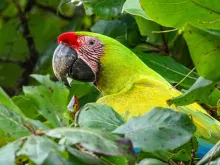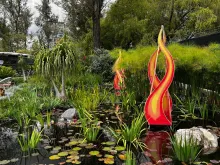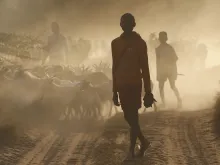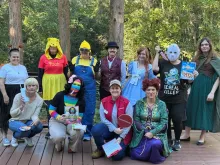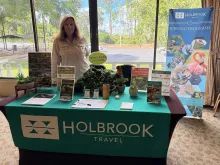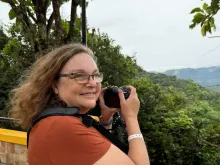Despite an ever-advancing society, interest in horticulture and gardening remains steadfast.
With the rise of the industrial revolution, people abandoned their rural lifestyles and headed for urban cities. Quickly, life on the farm became rough going and as a result agriculture suffered, food prices went up and the disparity between city-dwelling quality of life and that of farm-life widened fast.
Congress saw this rapid decline in productivity and created three pieces of legislation to support farmers and agriculture; legislation that would later serve as the foundation for Master Gardener Programs. The Morrill Act in 1862 established “land grant” universities in each state to educate citizens in agriculture. The Hatch Act created agricultural experimental stations and The Smith-Lever Act, also known as the Extension Agriculture Act, formed a partnership between the USDA and land grant universities to spread information and research to the county level. It also required states to match federal funding for agriculture.

Fast forward to the early 1970’s and the birth of the first Master Gardener Program takes place in Washington State. In response to a high demand for urban horticulture and gardening guidance, Washington State University Cooperative Extension formed the first program, implemented a curriculum and training protocols after the first successful trial run. Within the next decade the concept spread swiftly to other U.S states and Canadian provinces.
What is a master gardener?
A master gardener is an individual who has gone through extensive horticultural training and serves as a volunteer on a wide range of projects and for activities pertaining to agriculture and gardening. Some of the activities a master gardener participates in include:
- Monitoring garden consumer hotlines
- Setting up exhibits
- Writing articles
- Educating in community gardens
- Conducting yard and neighborhood environmental programs
- Controlling invasive plants
- Establishing public demonstration gardens
- Providing sensory gardens and other gardens and gardening techniques for the handicapped
- Helping with community plantings
- Teaching youth, elder, and at-risk audiences
Overview of the master gardener program:
A master gardener program typically involves 40- 80 hours of training and classroom courses; wherein the following year participants are required to complete an equal number of hours volunteering. After the first year, annual requirement of volunteer hours and continuing education hours both decrease. This is a general description of a master gardener program; keep in mind the specifics (i.e. required hours, curriculum breakdown and volunteer roles) each program will vary state to state. The spirit and purpose of the program, however, is resolute.
Nearly all of the Master Gardener programs in the U.S. administer training through a state-land grant university and its Cooperative Extension Service. Those that do not, are typically affiliated with the Extension Master Gardener Program in some way. All State Extension Master Gardener Programs, even if they vary to some degree, follow these guidelines.
- The organization is affiliated with a university for the training and education of their volunteers.
- The focus of these organizations is to train EMG volunteers to distribute information to the public.
- The organization recommends research-based information to the public.
- The organization has a certification program for their volunteers.
- The organization has an educational focus rather than promoting commercial products or entities.

For more information about local programs or to find a State Extension Master Gardener Program near you, click here.
Clicking on this link assigned to your state link will bring you to the homepage of the land grant university working with Extension at the state level, from there the organization is broken down into county levels. Each participating county has an extension agent or coordinator---this individual would be your initial contact if you wished to enroll in a local Master Gardener Program.
“Gardening is good for the soul. Learning is good for the mind. Sharing what you know and love is good for everyone. To be a Master Gardener is all of those things, and more…” affirms Sandy Schmidt, Holbrook’s very own Special Travel Consultant and Director of Garden Tours.
Interested in expanding your horticultural horizons beyond the county and state lines?
At Holbrook, we have done international tours specifically designed for Master Gardeners, and they’ve been quite successful. Let us help you plan one for your county or state!









